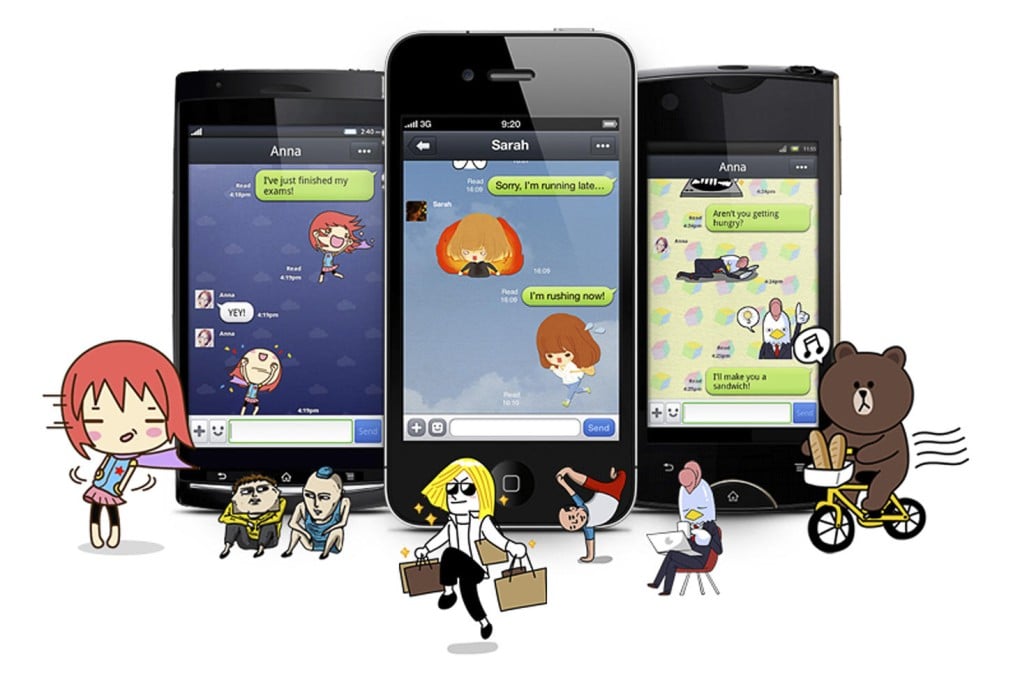Chat app accused of censoring Chinese users
Popular mobile instant messaging application Line said to censor sensitive keywords sent by mainland China-based users

Mobile phone users in Hong Kong may not be surprised to hear that one of the three most popular mobile-chat applications in Asia systematically censors politically-sensitive content and may also have network security flaws.

Line is a Japanese proprietary application for the exchange of instant messages on smartphones and personal computers.
The Canadian researchers also found that chat traffic sent over 3G networks was unencrypted in the application's global Android version at least as late as August 20, 2013, which potentially allows third parties to eavesdrop on private communications.
"I am not very worried about using Line because I am aware that network security is limited and because of what I already know about censorship on [Chinese chat-app] WeChat," said Juniata Kwok.
But Jo Mitchell, another Hong Kong resident, said she grew concerned when she learned that the Thai government had announced in August that it would conduct a surveillance of Line conversations to "ensure the rule of law, order and national security".
"I told my friends in Thailand to stop using the app completely. It's a complete invasion of privacy and there's also the concern that conversations or jokes could be misunderstood, read out of context or twisted," she said.